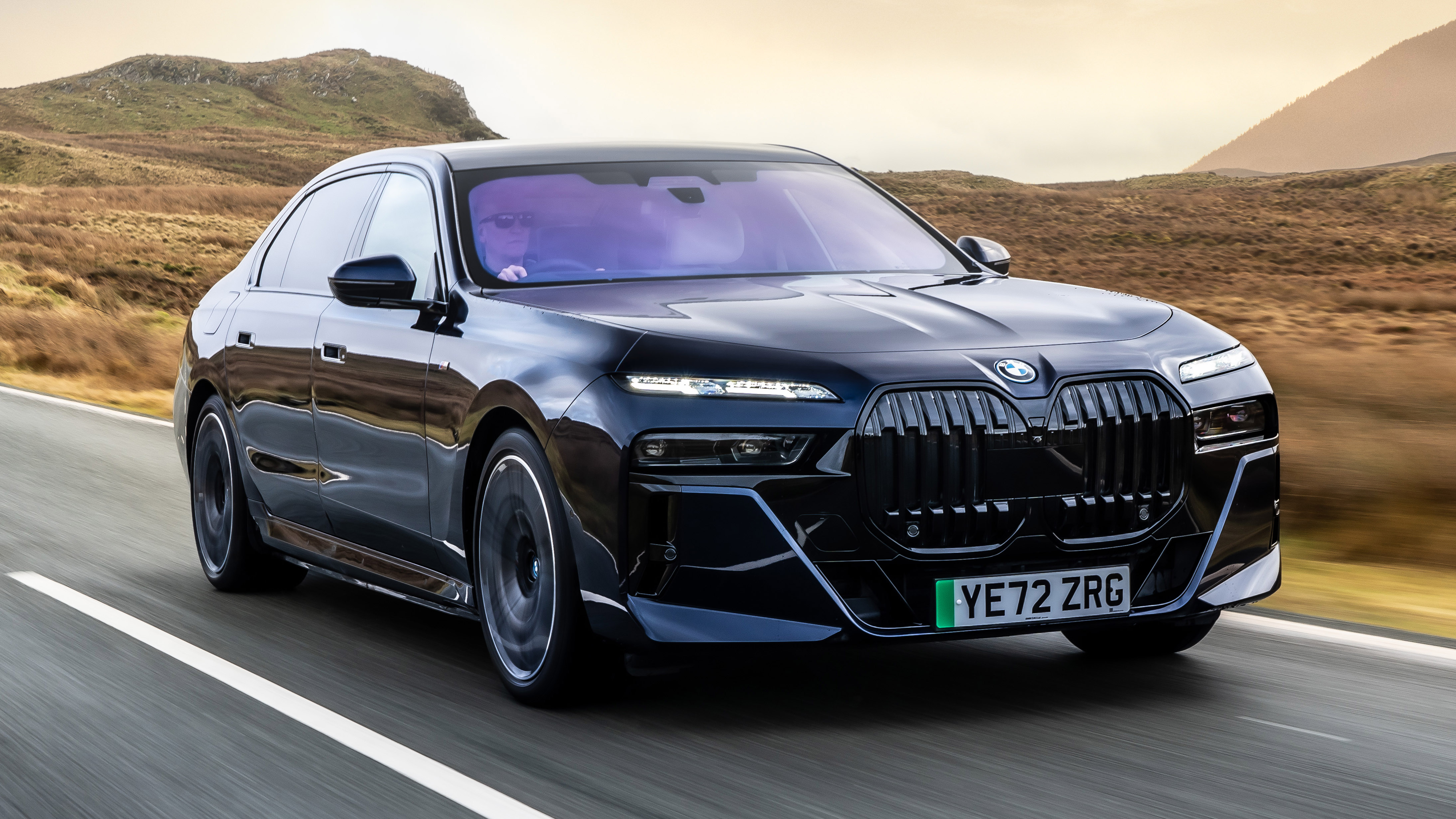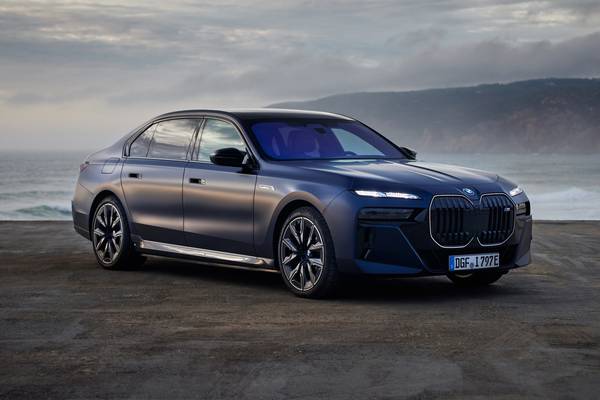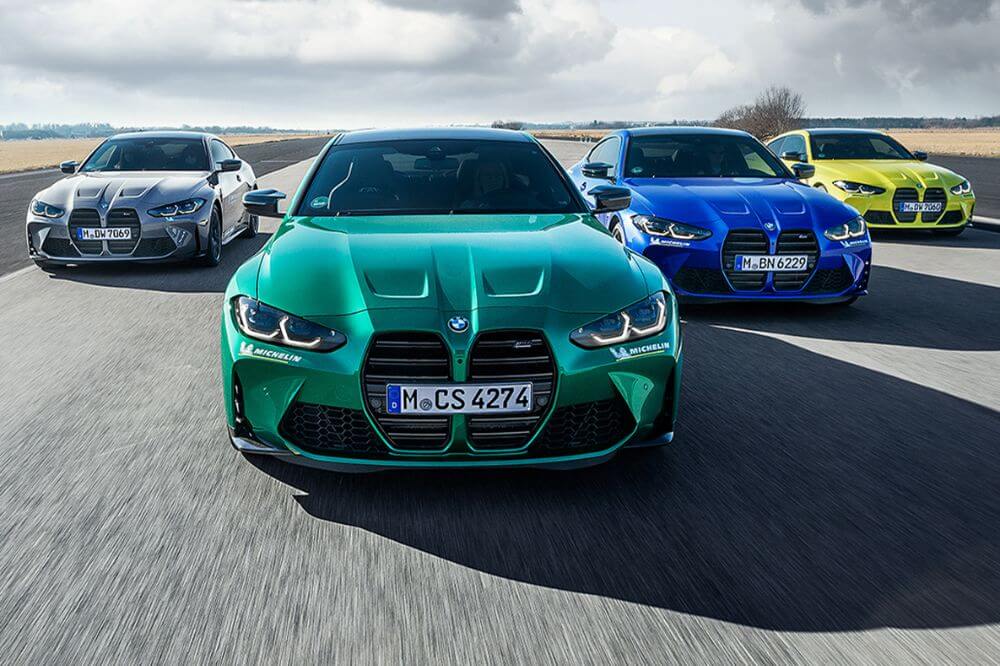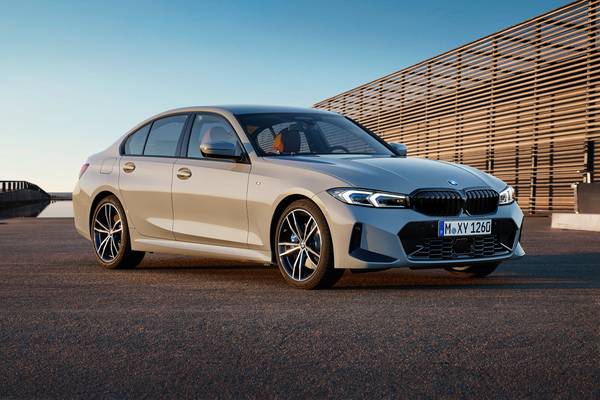The Evolution of BMW: A Journey of Innovation, Performance, and Luxury
Introduction:
Since its inception in 1916, Bayerische Motoren Werke AG, commonly known as BMW, has epitomized innovation, performance, and luxury in the automotive industry. From its humble beginnings as an aircraft engine manufacturer to becoming one of the world's most esteemed automakers, BMW has continually pushed the boundaries of engineering excellence and design aesthetics. This essay delves into the rich history, technological advancements, and cultural impact of BMW over the years, highlighting its evolution into a global automotive powerhouse.
Origins and Early History:
BMW traces its roots back to the early 20th century when it was founded in Munich, Germany, as an aircraft engine manufacturer. Originally named Rapp Motorenwerke, the company produced engines for World War I aircraft. After the war, the Treaty of Versailles restricted Germany's ability to produce aircraft, prompting BMW to diversify its product line. In 1923, BMW transitioned to motorcycle production, launching its first motorcycle, the R32, which featured a boxer engine layout—a design that would become iconic for the brand.
Expansion into Automobiles:
Building on its success in motorcycle manufacturing, BMW ventured into automobile production in the late 1920s. The company acquired Fahrzeugfabrik Eisenach, which provided BMW with the necessary infrastructure and expertise to produce automobiles. In 1933, BMW introduced its first car, the 303, featuring a six-cylinder engine and innovative design elements. Despite the challenges posed by World War II, BMW persevered and continued to innovate in automotive technology.
Post-War Revival and the 'New Class':
The aftermath of World War II saw BMW facing significant challenges, including the destruction of its production facilities. However, under the leadership of Herbert Quandt, BMW embarked on a remarkable revival journey. In the 1960s, BMW introduced the 'New Class' of compact sedans, including the iconic BMW 1500, which showcased the brand's commitment to performance and driving dynamics. This era marked the beginning of BMW's transformation into a luxury automaker with a focus on sporty driving experiences.
Motorsport Success and Performance Heritage:
BMW's involvement in motorsport has been instrumental in shaping its brand identity and reputation for performance. The company achieved notable success in touring car racing, Formula 1, and endurance racing, culminating in victories at prestigious events like the 24 Hours of Le Mans and the Formula 1 World Championship. Iconic models such as the BMW M3 and M5 have become synonymous with motorsport-inspired performance and precision engineering, cementing BMW's position as a leader in the high-performance segment.
Innovation and Technological Advancements:
Throughout its history, BMW has been at the forefront of automotive innovation, introducing groundbreaking technologies that redefine the driving experience. From pioneering safety features such as anti-lock brakes (ABS) and dynamic stability control (DSC) to advancements in engine efficiency and electrification, BMW continues to push boundaries in engineering and design. The introduction of the iDrive infotainment system and the development of electric and hybrid vehicles underscore BMW's commitment to sustainable mobility and technological leadership.
Design Philosophy and Iconic Models:
Central to BMW's success is its distinctive design language, characterized by clean lines, dynamic proportions, and a focus on driver-centric ergonomics. The company's design philosophy, encapsulated in concepts such as "form follows function" and "sheer driving pleasure," resonates across its product lineup, from sedans and SUVs to coupes and convertibles. Iconic models like the BMW 3 Series, 5 Series, and 7 Series have set benchmarks in their respective segments, blending luxury with performance in a harmonious package.
Global Expansion and Brand Image:
BMW's global footprint extends to over 140 countries, with manufacturing plants and subsidiaries strategically located around the world. The brand's expansion into emerging markets such as China and India reflects its commitment to sustainable growth and market diversification. BMW's strong brand image, characterized by quality craftsmanship, technological innovation, and aspirational value, resonates with discerning consumers across diverse demographics, reinforcing its status as a premier luxury automotive brand.
BMW's journey from a fledgling aircraft engine manufacturer to a global automotive powerhouse is a testament to its enduring commitment to innovation, performance, and luxury. Through decades of relentless pursuit of excellence, BMW has not only shaped the automotive landscape but also inspired generations of enthusiasts and drivers worldwide. As the automotive industry continues to evolve, BMW remains poised to lead the charge, driving innovation and setting new standards for the future of mobility.
Sustainability and Future Mobility:
Looking ahead, BMW is at the forefront of shaping the future of mobility through sustainable practices and innovative technologies. The company has made significant strides in reducing its environmental footprint by investing in alternative propulsion systems, including electric and hydrogen fuel cell vehicles. The BMW i brand, launched in 2013, represents the company's commitment to sustainable mobility, with models like the BMW i3 and i8 showcasing cutting-edge electrification technology and lightweight construction techniques. Additionally, BMW's partnerships with renewable energy providers and initiatives to establish a circular economy highlight its dedication to environmental stewardship and responsible manufacturing practices.
Autonomous Driving and Connectivity:
As autonomous driving technology continues to advance, BMW is actively developing autonomous vehicle systems to enhance safety, convenience, and mobility for drivers and passengers. The integration of artificial intelligence, advanced sensors, and data analytics enables BMW vehicles to perceive and navigate their surroundings autonomously, paving the way for future mobility solutions such as ride-sharing and mobility-as-a-service (MaaS). Furthermore, BMW's commitment to connectivity and digitalization is evident through its advanced driver assistance systems (ADAS) and seamless integration of smartphone connectivity, enabling drivers to stay connected and informed while on the road.
Challenges and Opportunities:
Despite its success and innovation, BMW faces several challenges and opportunities in an increasingly competitive and dynamic automotive landscape. Evolving consumer preferences, regulatory changes, and geopolitical uncertainties present challenges for the company's growth and profitability. However, BMW's strong brand equity, technological prowess, and strategic partnerships position it well to capitalize on emerging trends such as electrification, shared mobility, and digitalization. By leveraging its strengths and embracing change, BMW can continue to thrive and maintain its leadership position in the global automotive market.
Conclusion:
In conclusion, BMW's evolution from a pioneering aircraft engine manufacturer to a trailblazing automotive innovator embodies the spirit of ingenuity, perseverance, and excellence. Through a century of innovation, BMW has consistently pushed the boundaries of engineering, design, and performance, earning a reputation as one of the world's premier automotive brands. As the automotive industry undergoes profound transformation, BMW remains committed to shaping the future of mobility through sustainable practices, technological innovation, and unparalleled driving experiences. With a rich heritage of success and a relentless pursuit of excellence, BMW is poised to continue its legacy of leadership and innovation in the decades to come.



























![[ℕ𝕖𝕧𝕖𝕣] 𝕊𝕖𝕝𝕝 𝕐𝕠𝕦𝕣 𝔹𝕚𝕥𝕔𝕠𝕚𝕟 - Is Trump Dying? Or Only Killing The Market?](https://cdn.bulbapp.io/frontend/images/a129e75e-4fa1-46cc-80b6-04e638877e46/1)


























